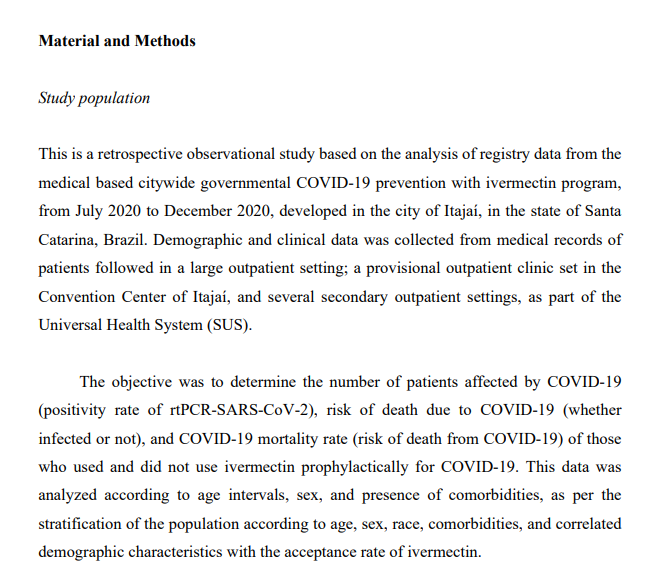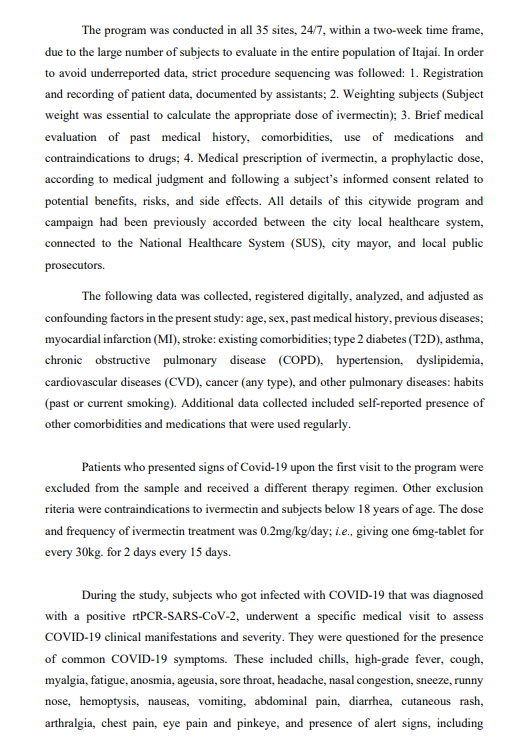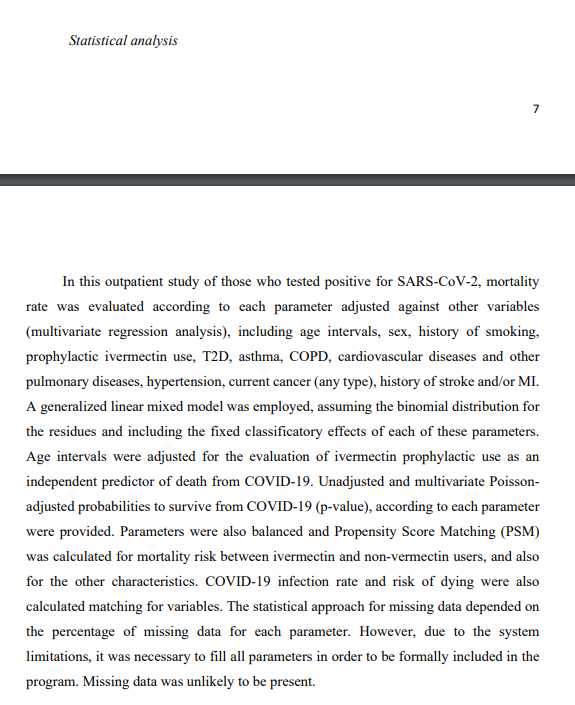
One of the more fascinating things when looking at the story of the pandemic is how tribal most arguments have become
Take lockdowns, for example. We have ample evidence that various non-pharmaceutical interventions were not as harmful as initial predictions suggested. It's just not correct at this point to argue that lockdowns have caused enormous death tolls gh.bmj.com/content/6/8/e0…
We might expect that at some point in the future places that locked down will do worse on some metrics, but based on evidence we also might not. It's very uncertain, because large COVID-19 outbreaks also cause bad things to happen
But it's basically impossible to have a reasonable discussion about the pros and cons of various interventions against COVID-19, because on one side you've got the people who supported them and on the other the people who said they were always a waste of time
The most likely outcome is that some interventions worked very well, others not so much, and the best policy mix is probably very variable from location to location
There are probably places that should have implemented fewer NPIs. There are probably places that should've had far more. Most places probably should've taken more care about which ones they implemented, especially in 2021
(Of course, hindsight is 20/20, and saying this NOW, after those decisions were made, is quite easy)
But suggest this as a possibility, and you'll usually be accused of some kind of evil love of lockdowns, like a cartoon character plotting the world's demise inside a glowing tower
Equally, people rarely accept that the interventions some places implemented might not end up having a positive cost/benefit. I doubt that's true for everywhere, but it's certainly possible for some locations
(In particular, I suspect large countries where federal govts were lacking and province/state responses were very divergent will end up seeing that a piecemeal response may not have a great deal of overall benefit)
Anyway, the idea of "pro" or "anti" NPIs is ridiculous. Public health is fundamentally about choosing the most effective option, regardless of how that might interface with your own personal beliefs
• • •
Missing some Tweet in this thread? You can try to
force a refresh













